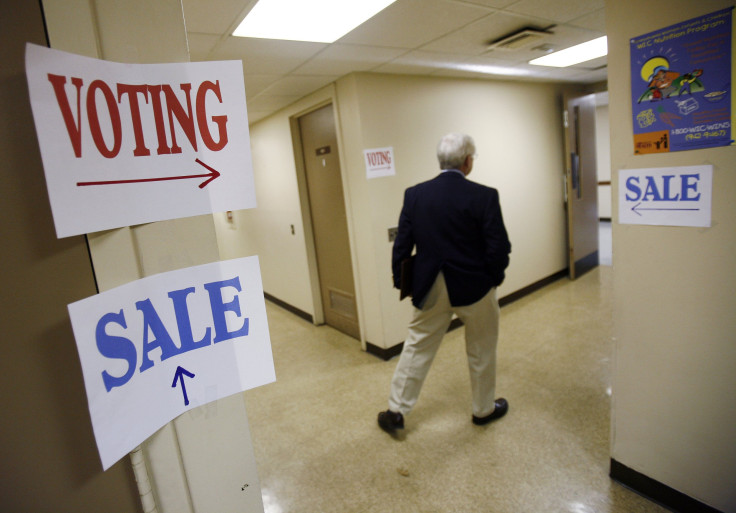After Citizens United Got Halfway There, This Lawsuit Aims To Finish The Job

A case now working its way through federal court has the potential to fully dismantle the McCain-Feingold campaign finance law of 2002, finishing the job the Supreme Court started when its 2010 Citizens United decision loosed a tidal wave of outside money on the American electoral system.
That case, Republican Party of Louisiana v. FEC, is currently before the District Court for the District of Columbia, but it could be on its way up to the Supreme Court. On Friday, three campaign reform groups filed a joint amicus brief warning of "extraordinarily far-reaching negative consequences" if the district court rules in favor of the plaintiffs.
"The return to the era of soft money would be complete," wrote attorneys representing the Campaign Legal Center, Democracy 21 and Public Citizen in the brief.
"Soft money" is a colloquial term for the unregulated contributions that political parties could legally collect prior to the passage of the McCain-Feingold bill. Although there continue to be strict limits on how much individual donors can give to particular campaigns, before 2002 there was no cap on the amount that could be given to a party for general purposes. Parties would use their virtually unlimited soft money to produce "issue ads," including attack ads, that were ostensibly not connected to particular campaigns.
The McCain-Feingold bill had two major effects: It banned soft money, and it limited outside political spending by large entities such as corporations and labor unions. The Supreme Court's Citizens United ruling struck down limits on outside spending but left the soft money ban intact.
In Republican Party of Louisiana v. FEC, the plaintiffs argue for "a First Amendment right of political parties to spend unlimited sums on behalf of their candidates," Richard Hasen, an expert in election law at the University of California Irvine school of law, told International Business Times.
Those plaintiffs are being represented by Jim Bopp, the attorney who successfully persuaded the Supreme Court to rule against strict outside spending limits in Citizens United. Hasen said the newer lawsuit seems engineered to move up to the highest court in the nation, as indicated by the fact that a three-judge panel is currently reviewing it.
"Filing before a three-judge court is kind of a shortcut to get to the Supreme Court," he said. "It makes it much more likely that the Supreme Court will take the case."
But since the case was filed last year, the plaintiffs have hit a surprise stumbling block: the death of Supreme Court Justice Antonin Scalia, which robbed the high court of its conservative majority and left it split down the middle.
Hasen said he thinks Merrick Garland, President Barack Obama's nominee to replace Scalia, would be unlikely to rule in favor of overturning the soft money ban.
"Less certain is if someone like Judge Garland would be willing to overturn Citizens United," said Hasen.
The Senate Republican majority has vowed to block any Obama nomination, and the Supreme Court could have only eight members until next year.
© Copyright IBTimes 2024. All rights reserved.






















